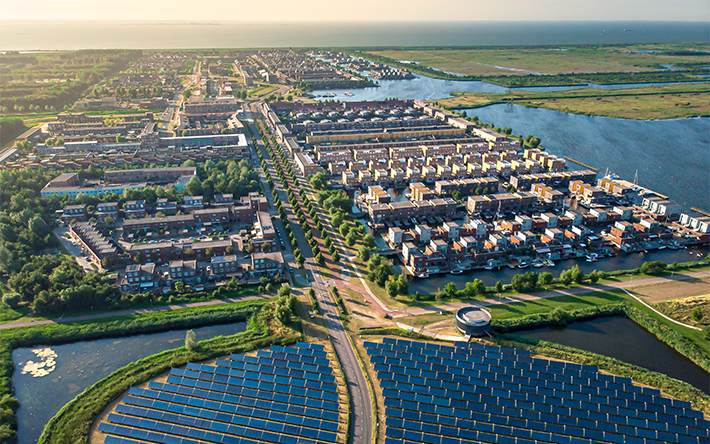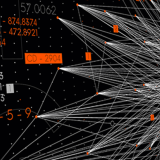
Предвиждане и управление на въздействието на промяната
Предвиждането и управлението на въздействието на промяната е една от шестте основни дейности в работната програма на Европейската фондация за подобряване на условията на живот и труд (Eurofound) за периода 2021—2024 г. Eurofound ще предостави свидетелства за структурните развития, засягащи икономиката и пазарите на труда в ЕС, които се дължат главно на цифровизацията и прехода към неутрална по отношение на въглеродните емисии икономика , но също на кризата от COVID-19. Изследванията имат за цел да съдействат на авторите на политики да предвиждат и подготвят европейските пазари на труда и работните места за тези промени.
От 2021 г. Eurofound ще предоставя заключения относно въздействието на тези мегатенденции върху условията на живот и труд в ЕС. По отношение на цифровизацията в изследванията ще се обърне внимание на въздействието ѝ върху заетостта и условията на труд, както и върху пазара на труда. Областите, които следва да бъдат обхванати, ще включват социалния диалог и неговата роля за определянето на структурните промени, регулаторните рамки, социалната закрила и изкуствения интелект (ИИ). Въз основа на опита от предишни изследвания на работата през платформи, през периода 2021—2024 г. ще бъде възможно да се постави акцент върху картографиране и оценяване на ефективността на политическите инициативи за справяне с трудностите, идентифицирани при работата през платформи.
Eurofound ще се стреми да подкрепи също прехода на ЕС към неутрална по отношение на въглеродните емисии икономика, включително към кръгова икономика, както и прилагането на инструмента за възстановяване на ЕС NextGenerationEU, чрез проучване на социално-икономическите въздействия. Тези въздействия включват промени в заетостта и трансформация на работните места и условията на труд, както и разпределителното въздействие на политиките в областта на изменението на климата. Част от тази работа ще се основава на резултатите от пилотен проект за бъдещето на производството (FOME) , който ще се проведе от Eurofound.
За да продължи тази дейност през 2021—2024 г., Eurofound ще си сътрудничи с различни международни организации и агенции на ЕС, например с Европейската агенция за околна среда (ЕАОС) във връзка със социалните въздействия на политиките в областта на изменението на климата. Освен това ще бъде консолидирано съществуващото сътрудничество с други участници в изследванията в областта на цифровизацията — Съвместния изследователски център (СИЦ), Агенцията на Европейския съюз за основните права (FRA) и Европейската агенция за безопасност и здраве при работа (EU-OSHA). Предвижда се продължаване на партньорството с Международната организация на труда (МОТ) по въпроса за променящия се свят на труда.

































